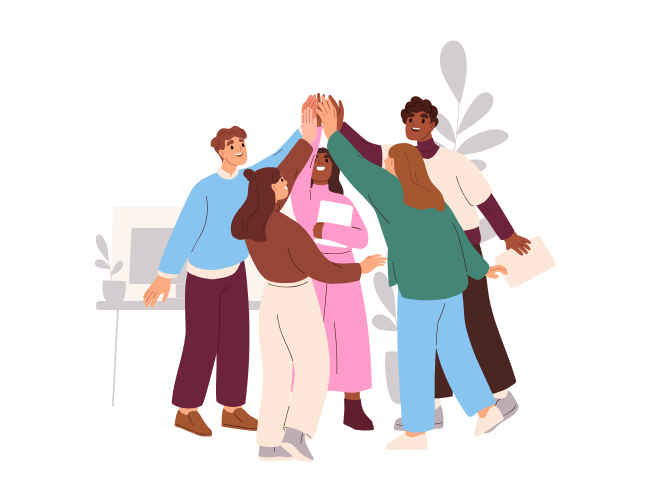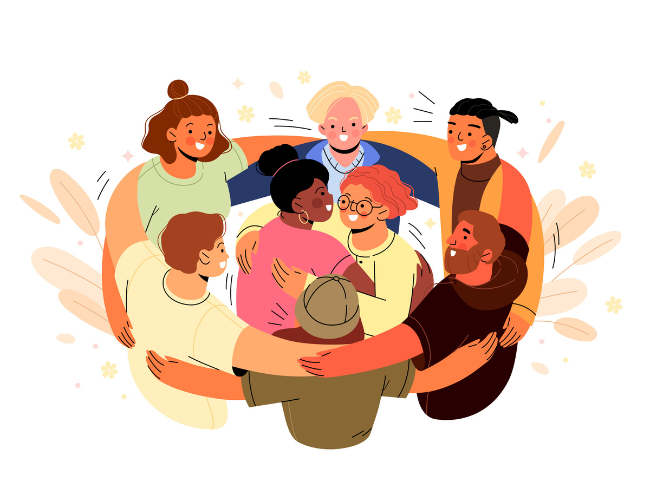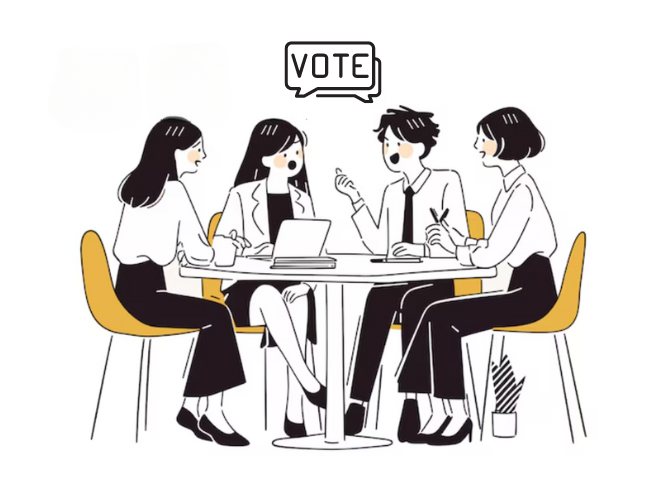 With a tight employment market and the well-known struggle to create employee engagement, employers are trying to figure out what makes employees happy at work.
With a tight employment market and the well-known struggle to create employee engagement, employers are trying to figure out what makes employees happy at work.
Salary, for sure, is one aspect, but surprisingly, it is not the be all and end all. Once basic financial security is reached, money matters less, especially for younger generations of employees who treasure flexibility and don’t want to trade more money for less free time. So, if money doesn’t buy happiness—or retention—what does?
The Search For Happiness
Researchers searching for the formula to workplace happiness compare industries, geographic locations, benefits, age of employees, company size, and a myriad of other categories to determine what characteristics happy employees share. The quest for employee happiness isn’t just a good deed; studies show that happy employees are more productive than their less happy counterparts. There is also a correlation between happy employees and better decision making, increased creativity, improved customer service, and better health. In other words, happy employees are good for business.
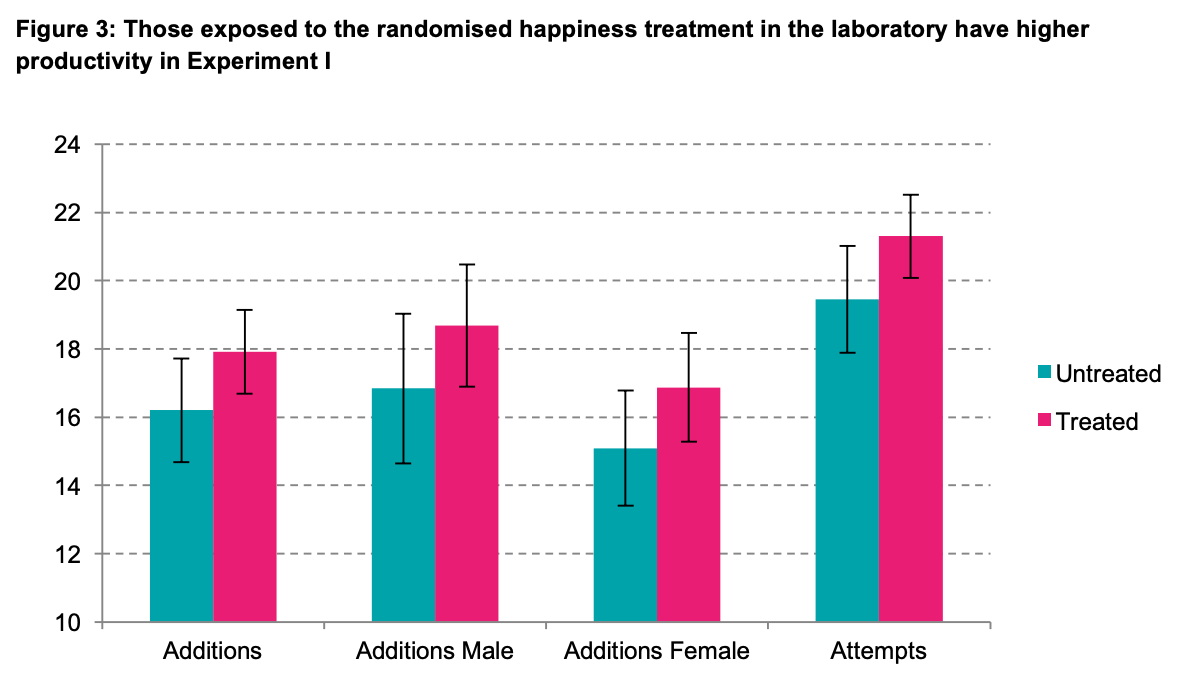
Psychologists surmise that happy people have some behaviors in common. They build a strong social fabric. They participate in activities that fit their strengths and values. They focus on health. They have direction and innately want to do good.
Creating Happiness In The Workplace
With those commonalities in mind, company leaders can look at incorporating them into jobs. By creating a strong social fabric, employees are drawn into the organization. When they develop friendships with co-workers and feel part of an organization, they are less likely to leave. Organizations can help create that sense of inclusion through onboarding efforts and systems, such as employee groups and mentoring programs.
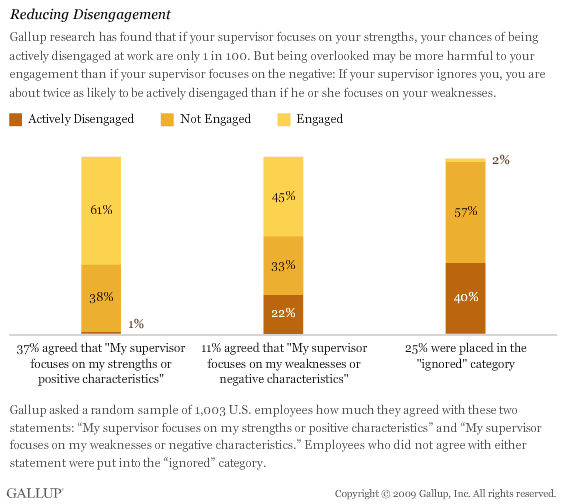 Gallup research shows that employees who use their strengths on the job are more engaged at work—an indication of happiness at the company. Employers can identify employees’ innate talents and find ways to help them use and develop those strengths in their career. Even in an entry-level job, leaders can help employees develop their career and prepare them for their dream job.
Gallup research shows that employees who use their strengths on the job are more engaged at work—an indication of happiness at the company. Employers can identify employees’ innate talents and find ways to help them use and develop those strengths in their career. Even in an entry-level job, leaders can help employees develop their career and prepare them for their dream job.
Happy employees focus on their health. They seek work-life balance. Employers can support this by creating a culture of health, which includes wellness programs with benefits that meet the needs of their employee base.
Happy employees feel a sense of responsibility and purpose, and while all jobs have responsibilities and a purpose, some are more clearly connected to the organization’s outcome. A story about John F. Kennedy visiting NASA highlights this. The president saw a janitor working and asked the man what his job was. Mop in hand, the janitor responded that he was helping to send a man to the moon. Clearly this employee saw that his seemingly unrelated work helped the organization’s larger mission.
Millennials are often named as the generation that want to feel their work matters. They want to work for companies they feel good about. Despite common belief, this sentiment isn’t limited to millennials. Who would not want to walk in the doors of work each day feeling a sense of purpose and pride in what they and their company are trying to accomplish?
Organization leaders at all levels must help all employees make that connection. They must help employees connect their jobs to overall mission of the company (i.e., how putting widgets in a machine helps people have mobility or how answering a customer’s product question reduces the their stress).
Leaders should work to make sure employees have meaningful work that uses their talents, even if this means assigning special projects to broaden employees’ experiences.
A company cannot make an employee happy; some of that must come from the employee. However, company leaders can influence the work environment and aspects of employment that increase job satisfaction and employee happiness.





